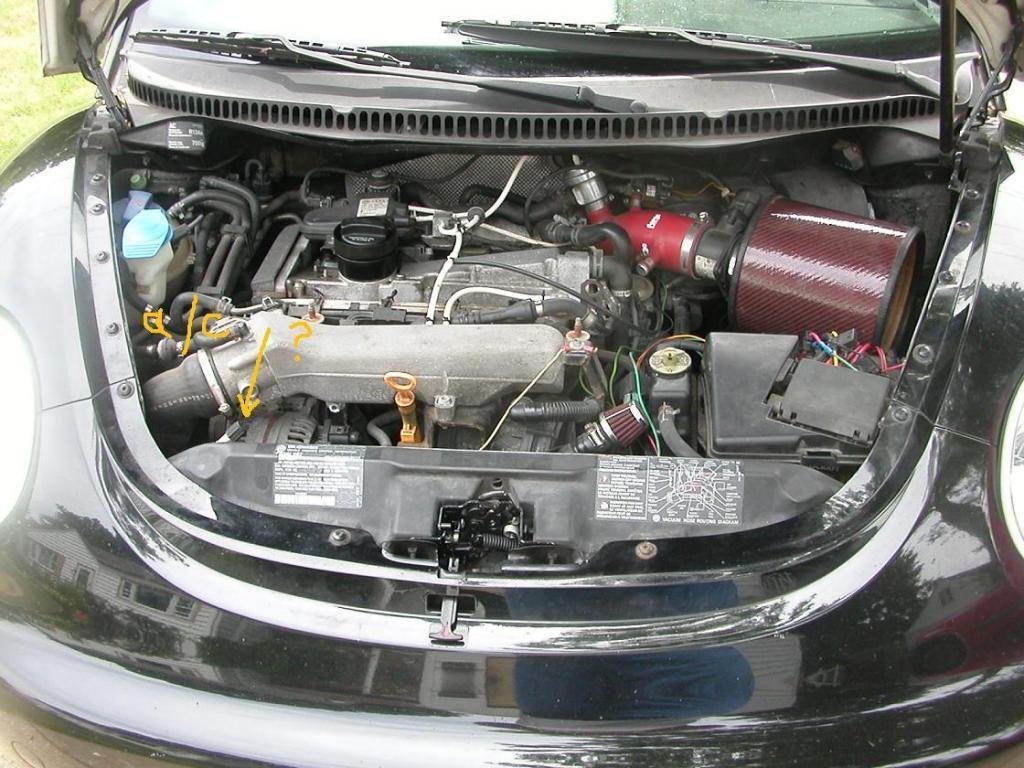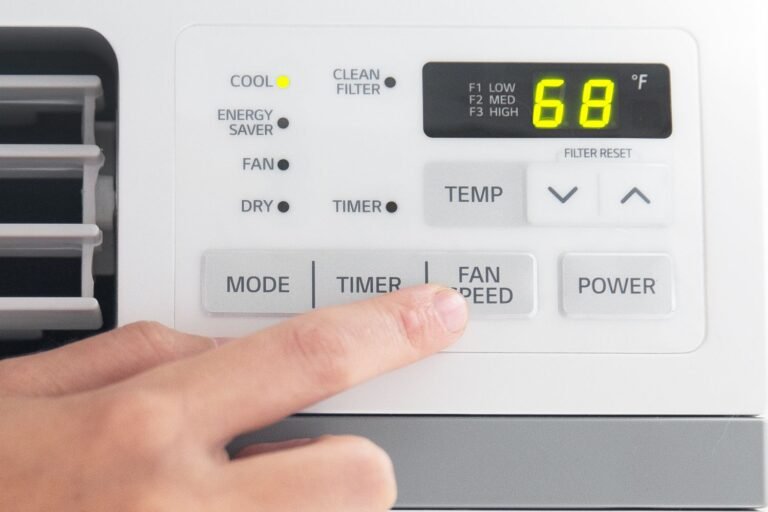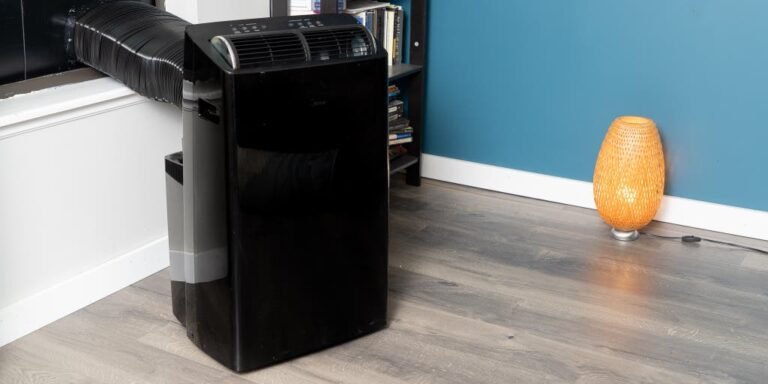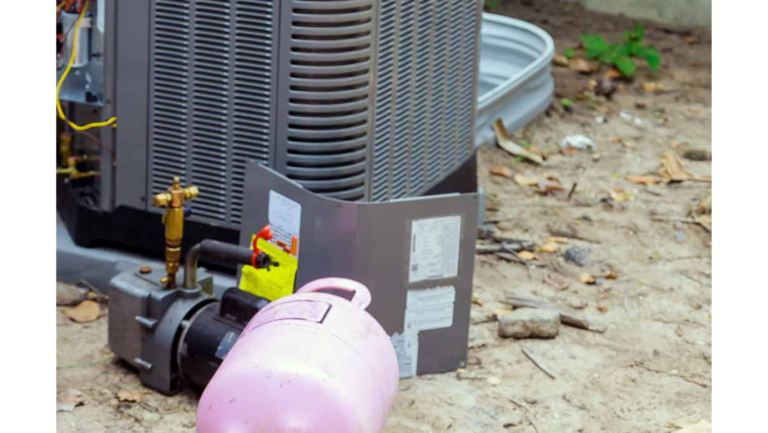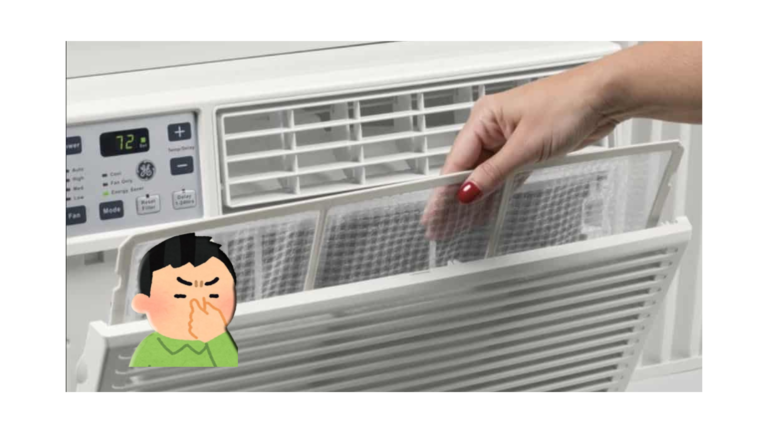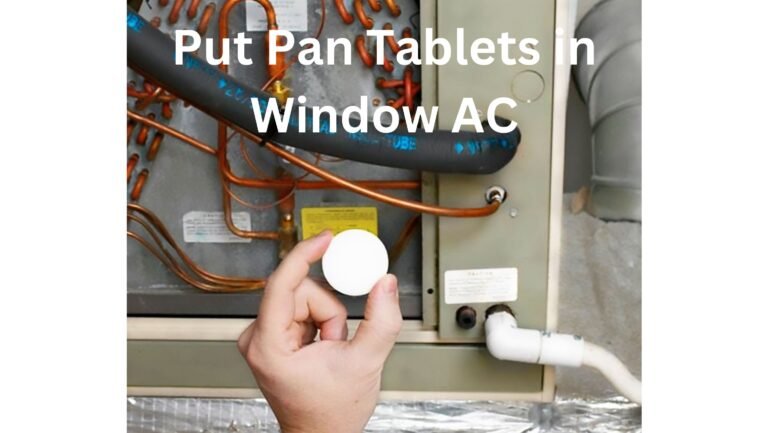Vw Jetta Ac Compressor Problems : Troubleshooting Guide
The VW Jetta AC compressor problems can lead to a lack of cooling and reduced performance of the air conditioning system. In some cases, the compressor may fail completely, requiring replacement or repair.
However, there are several reasons why the AC compressor can malfunction, including refrigerant leaks, electrical issues, or mechanical failures. It is essential to diagnose and address AC compressor problems promptly to ensure optimal comfort and performance in your VW Jetta.
Regular maintenance and inspections can help prevent and minimize potential AC compressor issues. Understandably, monitoring your vehicle’s cooling system and seeking professional assistance at the first sign of trouble is crucial.
Common Signs Of Ac Compressor Problems
Vw Jetta Ac Compressor ProblemsAc compressor problems can lead to weak or warm airflow which can be a sign that your car’s ac compressor is not functioning properly. If you notice that the air blowing from the vents is not as strong as it used to be or it feels warm even when the ac is turned on, it could be indicative of a problem with the compressor. Another common sign of ac compressor problems is strange noises coming from the ac system. These noises can range from rattling or grinding sounds to loud squealing or banging. Lastly, if your ac is blowing hot air instead of cold air, it is a clear indication that there is a problem with the ac compressor. It is important to address ac compressor problems as soon as possible to avoid further damage to your car’s ac system. If you notice any of these signs, it is recommended to have your car inspected by a professional mechanic who can diagnose the issue and provide the necessary repairs or replacements.
Causes Of Ac Compressor Problems
Ac compressor problems in a VW Jetta can stem from a variety of causes. One common cause is low refrigerant levels. If the refrigerant in the system is insufficient, the compressor may struggle to function properly, leading to issues with cooling the interior of the car. Another potential cause is electrical issues. Faulty connections or wiring problems can prevent the compressor from receiving the necessary electrical power, resulting in its failure. Additionally, a compressor clutch failure can occur, where the clutch within the compressor fails to engage or disengage properly. This can prevent the compressor from functioning as it should. Understanding the possible causes of AC compressor problems in a VW Jetta can help drivers identify and address these issues promptly to ensure optimal cooling performance.
Troubleshooting Steps For Ac Compressor Problems
In troubleshooting AC compressor problems, there are several important steps to follow. First, it is crucial to check refrigerant levels. Low levels can indicate a leak or other issue. Next, carefully inspect electrical connections to ensure they are secure and free from corrosion. Faulty connections can prevent the compressor from functioning properly. Finally, it is essential to test the compressor clutch. This can be done by visual inspection or using a multimeter to check for proper voltage. If the clutch is not engaging, it may need to be replaced. By following these steps, you can diagnose and address common AC compressor problems efficiently.

Credit: www.amazon.com
Fixing Low Refrigerant Levels
Low refrigerant levels in your VW Jetta’s AC compressor can cause a lack of cool air. Fixing this issue involves recharging the system and repairing any leaks.
To recharge the system, you’ll need to locate the service ports, usually labeled with red and blue caps. Remove the caps and attach the recharge kit hose to the low-pressure port, which is larger and located on the thicker tubing. Follow the instructions on the recharge kit to add refrigerant to the system.
However, it’s important to note that recharging alone won’t address the root cause of the problem. The low refrigerant levels are often a result of leaks in the system. If you notice a significant loss of refrigerant over a short period, it’s likely that there is a leak in the system. In this case, it’s recommended to consult a professional technician to inspect and repair any leaks.
Resolving Electrical Issues
Resolving Electrical Issues
One of the common problems experienced by VW Jetta owners is AC compressor issues. When the AC stops working, it could be due to electrical problems. To resolve such issues, there are a few key steps you can take:
Checking fuses and relays: Start by inspecting the fuses and relays related to the AC system. Locate the fuse box and identify the AC compressor fuse. Using a multimeter, test the continuity of the fuse. If it’s blown, replace it with a new one of the same rating. Next, check the AC compressor relay to make sure it’s functioning properly.
Testing the compressor motor: If the fuses and relays are in good condition, you can move on to testing the compressor motor. Using a voltmeter, measure the voltage at the compressor connector while the AC is turned on. The voltage reading should indicate power flowing to the compressor. If there’s no power, it could be a sign of a faulty compressor motor or wiring issue.
Resolving VW Jetta AC compressor problems requires a systematic approach, starting with checking the fuses and relays, and then testing the compressor motor. Addressing electrical issues can help restore the functionality of the AC system in your VW Jetta.
Dealing With Compressor Clutch Failure
VW Jetta AC compressor problems can be frustrating and lead to uncomfortable driving experiences. One common issue is compressor clutch failure. The clutch is responsible for engaging and disengaging the compressor, allowing it to function properly. When the clutch fails, you may experience a lack of cold air or even no air at all. To resolve this problem, you have two options: replacing the clutch or repairing the entire compressor. Replacing the clutch involves removing the old one and installing a new one. On the other hand, repairing the compressor requires disassembly, identifying the faulty parts, and replacing them accordingly. Both options require technical expertise, so it’s best to consult a professional mechanic to ensure the repair is done correctly. By addressing compressor clutch failure, you can restore the functionality of your VW Jetta’s AC system and enjoy a comfortable ride once again.
Preventive Measures To Avoid Ac Compressor Problems
Regular maintenance is key to preventing AC compressor problems in your VW Jetta. By maintaining your AC system on a regular basis, you can identify and address potential issues early on. This includes checking for leaks in the system, as leaks can lead to a loss of refrigerant and put strain on the compressor. Using the correct refrigerant is also important to keep the AC compressor functioning optimally.
During maintenance, make sure to inspect the belts and hoses for any signs of wear or damage. Replace any worn out parts promptly to prevent further damage to the AC compressor. Clean the condenser coils regularly to remove any dirt or debris that may obstruct airflow and cause the compressor to overwork.
Furthermore, it’s important to listen for any unusual noises coming from the AC system. Strange noises could indicate a problem with the compressor or other components. If you notice any issues, seek professional help to diagnose and fix the problem before it worsens.
By following these preventive measures and providing proper care and maintenance to your VW Jetta’s AC system, you can prevent AC compressor problems and ensure a cool and comfortable ride all year round.
When To Seek Professional Help
Are you experiencing issues with your VW Jetta AC compressor? It’s important to know when to seek professional help for your HVAC system. One situation that calls for professional assistance is complex electrical issues. These types of problems require specialized knowledge and expertise to diagnose and repair. If you’re facing electrical issues such as a malfunctioning or damaged compressor, it’s best to leave it to the professionals to avoid causing further damage to your vehicle. Another instance where you should consider professional help is compressor replacement. Replacing an AC compressor can be a complex task that requires specific tools and skills. Hiring a professional ensures that the job is done correctly and efficiently. By seeking professional help when needed, you can ensure that your VW Jetta’s AC system is in optimal working condition.
Frequently Asked Questions For Vw Jetta Ac Compressor Problems
What Are Common Signs Of Ac Compressor Problems In A Vw Jetta?
Some common signs of AC compressor problems in a VW Jetta include warm air blowing from vents, unusual noises when the AC is turned on, and a burning smell while the AC is running. If you experience any of these symptoms, it may indicate a problem with the AC compressor.
How Do I Diagnose A Faulty Ac Compressor In My Vw Jetta?
To diagnose a faulty AC compressor in your VW Jetta, you can start by checking the electrical connections, fuses, and relays related to the AC system. If these components are working properly, you may need to consult a professional who can perform a thorough inspection and diagnosis.
What Causes Ac Compressor Failure In Vw Jettas?
AC compressor failure in VW Jettas can be caused by various factors, including insufficient lubrication, refrigerant leaks, electrical issues, or system contamination. Regular maintenance, such as checking for leaks and ensuring proper lubrication, can help prevent AC compressor failure in your VW Jetta.
Conclusion
Dealing with VW Jetta AC compressor problems can be frustrating and costly. It is essential to address these issues promptly to avoid further damage and discomfort. By understanding the common signs of compressor problems and taking necessary maintenance actions, you can ensure the longevity and efficiency of your vehicle’s AC system.
Remember, regular servicing and professional assistance are key to keeping your VW Jetta’s AC running smoothly. Stay proactive, and enjoy a comfortable ride all year round.

